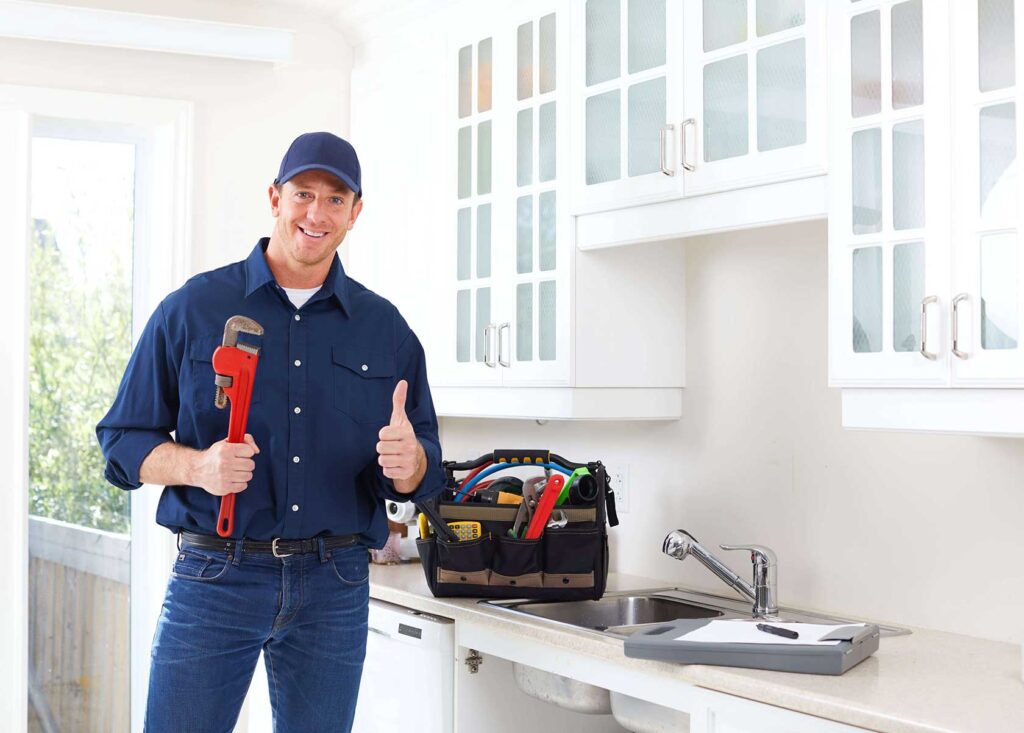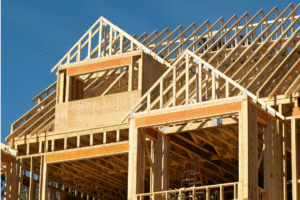
In the age of DIY tutorials and home renovation shows, more and more UK homeowners are tempted to take on plumbing tasks themselves.
In the age of DIY tutorials and home renovation shows, more and more UK homeowners are tempted to take on plumbing tasks themselves. From fixing a dripping tap to installing a new toilet, the idea of saving time and money is appealing. But before you grab your toolbox, it’s important to understand the rules, risks, and legal limits of doing your own residential plumbing services in the UK.
So, are you legally allowed to do your own plumbing? The short answer is: yes, but with important restrictions. This article will walk you through what plumbing work you can legally do yourself, what jobs are best left to qualified professionals, and why it matters for safety and compliance.
What Plumbing Work Can You Legally Do Yourself?
In the UK, basic plumbing tasks that do not involve gas systems or complex alterations are generally permitted for homeowners to carry out themselves. This includes things like:
-
Replacing tap washers or fixing leaks under the sink
-
Installing or replacing kitchen and bathroom taps
-
Unblocking sinks or toilets
-
Replacing toilet seats or handles
-
Installing a dishwasher or washing machine (as long as existing pipework is used)
These minor tasks are considered low-risk and can typically be done safely with a bit of DIY knowledge and care.
When You Must Hire a Professional
While simple jobs are allowed, certain types of plumbing work are strictly regulated. This is especially true if the work involves:
-
Gas appliances such as boilers or water heaters
-
Hot water cylinders, especially unvented systems
-
Waste and drainage alterations that connect to public sewers
-
Water supply pipework alterations beyond minor internal changes
-
Work requiring Building Regulations approval
These jobs are governed by safety laws and must be carried out by qualified and certified professionals. For example, anyone working on a gas appliance must be Gas Safe registered by law.
Attempting this kind of work without the proper training or certification can not only pose serious risks—it can also lead to legal penalties or invalidate your home insurance.
What Do Building Regulations Say?
In England and Wales, plumbing work is regulated under the Building Regulations 2010, particularly Part G (Sanitation, Hot Water Safety and Water Efficiency) and Part H (Drainage and Waste Disposal).
If you’re making changes to the structure of your plumbing system—such as installing a new bathroom, fitting a new hot water system, or altering drainage—you may be required to notify your local authority’s building control department. In some cases, the work must be carried out or certified by a competent person scheme member.
Failing to meet building control requirements can result in fines or being forced to undo the work.
Water Regulations and Notification Rules
You may also need permission from your local water supplier before carrying out certain plumbing tasks. Under the Water Supply (Water Fittings) Regulations 1999, notification is required for specific types of work, including:
-
Installing a bidet with an upward spray
-
Connecting to the mains water supply
-
Installing a new bath with a capacity over 230 litres
-
Fitting a booster pump with a flow rate above 12 litres per minute
This is to protect the public water supply from contamination and ensure water efficiency. Always check with your water provider before starting any work that might fall into a regulated category.
Risks of DIY Plumbing
While DIY plumbing might seem cost-effective, the risks can outweigh the savings if something goes wrong. Some common risks include:
-
Leaks and water damage: Poorly fitted joints or seals can cause slow leaks that lead to serious property damage.
-
Boiler faults: Touching gas pipes or heating systems without training can create life-threatening hazards.
-
Blocked waste systems: Incorrect installation of traps and waste pipes can lead to foul smells, slow drains, and health risks.
-
Non-compliance: Work not done to the proper standard may need to be re-done at your expense—and could even lead to legal issues during home sales or insurance claims.
If you’re ever in doubt, it’s always safer to consult or hire a qualified plumber.
What About DIY Plumbing for Landlords?
If you’re a landlord, you are subject to additional responsibilities. All plumbing installations in a rental property must be safe, legal, and compliant with regulations. That means:
-
Gas work must be carried out by Gas Safe engineers.
-
Plumbing repairs should be done to a professional standard.
-
Records of inspections and repairs may be required, especially for insurance or tenancy deposit schemes.
DIY plumbing in a rental property could breach your obligations and put tenants at risk.
When Is It Worth Hiring a Plumber?
Even for tasks you’re technically allowed to do, hiring a professional can save you time, money, and hassle in the long run. You should always consider hiring a plumber if:
-
The job involves working behind walls or floors
-
You’re installing new fixtures like showers, toilets, or boilers
-
You’re uncertain about the correct method or tools
-
You want the work certified for insurance or sale purposes
-
You’ve tried fixing the issue yourself, but it keeps recurring
An experienced plumber will also spot potential problems that may not be obvious to a homeowner.
Final Thoughts
So, are you allowed to do your own plumbing in the UK? Yes—but only within limits. While minor repairs and replacements can be done safely at home, larger or more complex jobs involving gas, drainage, or structural Plumber Cheshire must be handled by qualified professionals.
Understanding the difference between what you can do and what you should do is key. Not only will it keep your home safe and compliant, but it also protects you from unnecessary costs or legal trouble.





